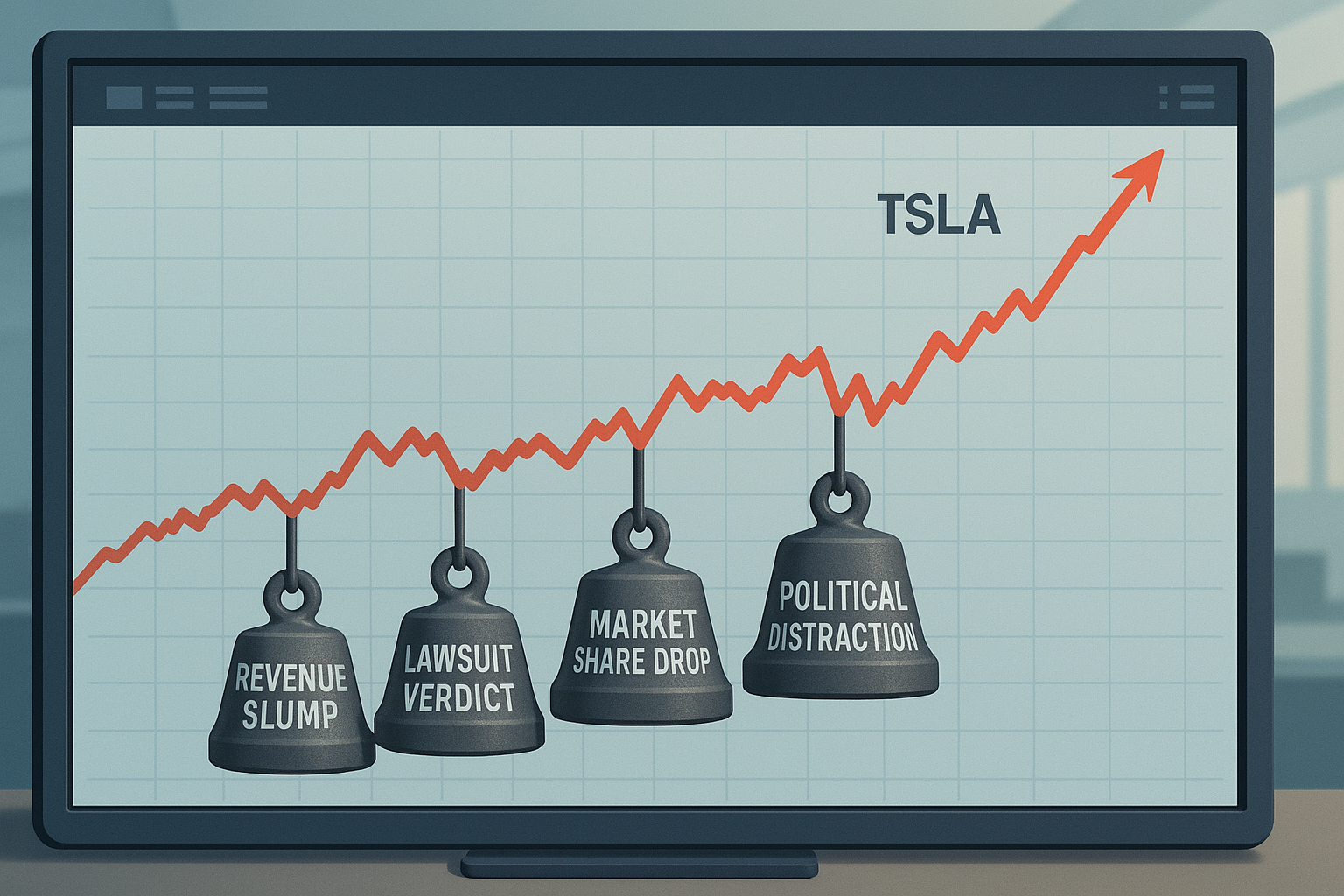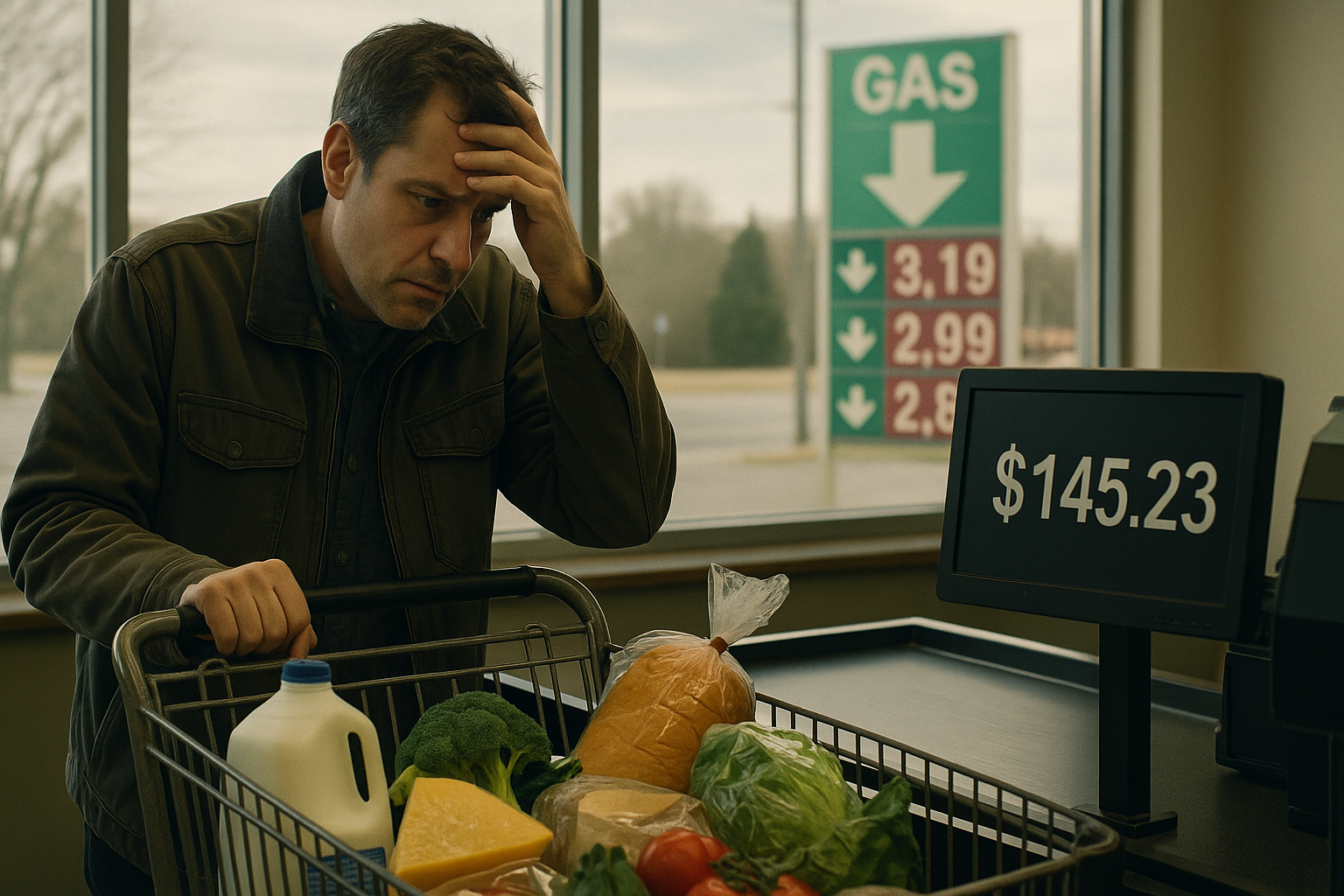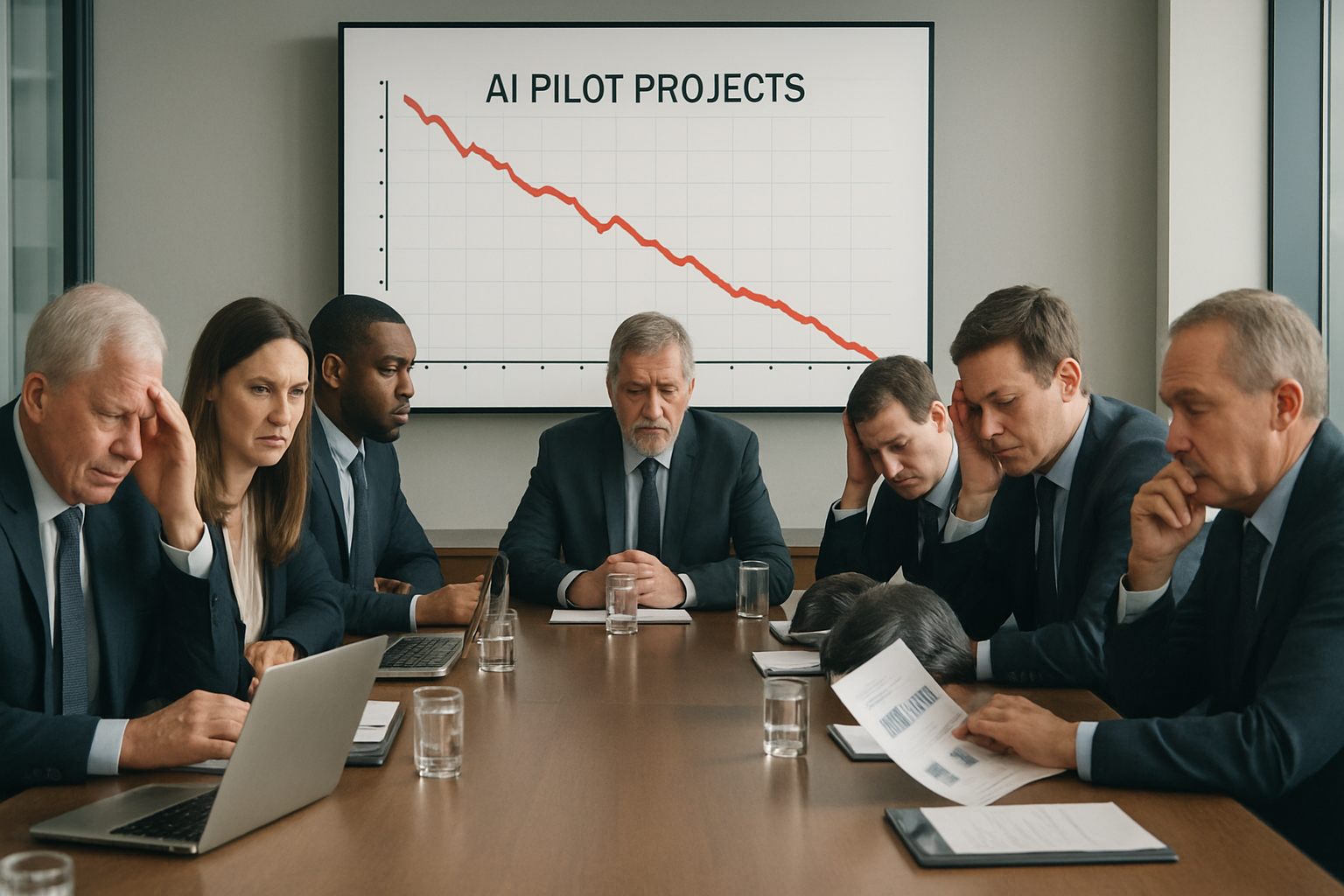Tesla just reported its worst revenue slump in over a decade. The stock yawned, dropping a mere 4.5%. A $329 million lawsuit verdict came and went like a summer breeze. Meanwhile, Elon Musk—apparently not busy enough running four companies—is launching something called the "America Party" while issuing ominous warnings about his potential ousting.
Oh, and Tesla's market share is collapsing faster than a house of cards in a wind tunnel.
Yet somehow—and this is where the financial magic happens—TSLA still trades at a mind-boggling 58 times earnings.
I've been covering tech stocks for years, and there's something almost religious about Tesla investors' unwavering faith. It's like watching someone whistle cheerfully while walking through a burning building. You've got to admire the conviction, even as you cringe at what seems inevitable.
The Power of Story Over Substance
What we're witnessing isn't just irrational exuberance. It's what I'd call the "Heroic Narrative Premium." Markets aren't cold, calculating machines—they're emotional storytelling platforms. And boy, has Musk crafted a doozy of a tale: the brilliant maverick fighting establishment forces to save humanity through electric vehicles, Mars colonies, and... brain chips.
This narrative creates a sort of financial force field around Tesla that repels bad news with remarkable efficiency.
Here's the trick: When Ford or GM reports declining sales, investors see structural problems. When Tesla does it? That's just Elon clearing the runway for the next breakthrough. A massive lawsuit? Just the fossil fuel conspiracy trying to stop progress! The CEO launching a political movement while juggling multiple other companies? That's just genius at work, baby!
(For perspective, Ford or GM would likely lose 30% of their value reporting what Tesla just did. But their CEOs aren't promising to colonize other planets, are they?)
Competition Is Eating Tesla's Lunch... While Investors Order Dessert
The numbers don't lie—even if investors seem determined to ignore them. Tesla's U.S. market share has plummeted from 75% to 43%. In Europe? A paltry 1-2%. Meanwhile, China's BYD is now producing more EVs than Tesla.
This isn't a flesh wound. It's closer to exsanguination.
Tesla bulls typically wave their hands about the company's supposed technological advantage in software and manufacturing. But that argument gets tougher to swallow when competitors are making comparable vehicles at lower prices with better build quality. Have you seen those Cybertruck panel gaps? You could lose a sandwich in them.
Look, Tesla's gross margins have compressed from a spectacular 25% to a still-impressive-but-worrying 17.9%. That's heading in precisely the wrong direction.
I'll give credit where it's due—Tesla revolutionized the EV market. That's undeniable. But being first doesn't guarantee staying first. Just ask Netscape. Or MySpace. Or... well, you get the picture.
The Elon Paradox: Asset or Liability?
The strangest part of this whole financial circus is how Musk simultaneously creates both premium and discount effects on Tesla's stock.
The premium comes from his aura of brilliance and track record of proving skeptics wrong. Remember when "Tesla can't mass-produce cars" was conventional wisdom? The discount stems from his increasingly unpredictable public behavior, political polarization, and attention scattered across approximately 47 different ventures.
Having followed Musk since his PayPal days, I'm seeing a gradual shift from the Musk Premium to the Musk Discount as his antics become more extreme while Tesla's performance becomes more... normal.
His new "America Party" political venture suggests a man increasingly distracted from Tesla's operational challenges. Every hour spent on politics is an hour not spent solving production issues, quality control problems, or addressing competitive threats.
The Ever-Receding Horizon of Tesla's Promise
Tesla bulls still have arguments, of course. Full Self-Driving could eventually work as promised (despite being "almost ready" for how many years now?). The energy business might someday fulfill its potential. Robotaxis could materialize and transform urban transportation.
But haven't we heard this same "just wait" story for the past 7-8 years? At some point, perpetually deferred promises lose their persuasive power, especially as competitors catch up on the core business.
I spoke with three institutional investors last week who expressed similar concerns. "We're still long Tesla," one told me, "but our conviction is wavering. The story isn't aging well."
Tesla remains an extraordinary company that transformed an industry. No question about it. But extraordinary companies can still be overvalued, and revolutionary leaders can still lose focus.
For Tesla stock to truly justify its current price, investors will eventually need more than promises and heroic narratives. They'll need Tesla to successfully defend its position against an onslaught of competition, deliver on years of ambitious technology promises, and—perhaps most challenging of all—have their CEO focus more on the car business than his expanding political ambitions.
Until then, Tesla stock isn't so much "fine" as it is "existing in a parallel financial universe where conventional metrics are mere suggestions." That universe has proven remarkably resilient—but gravity, even in Elon's world, tends to reassert itself eventually.
When it does... well, that's when the real Tesla story will get interesting.




